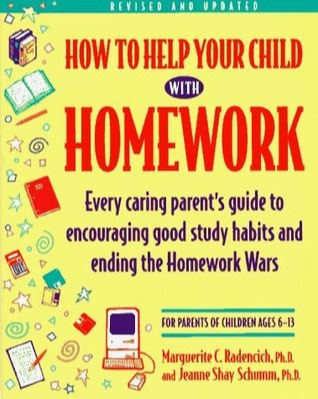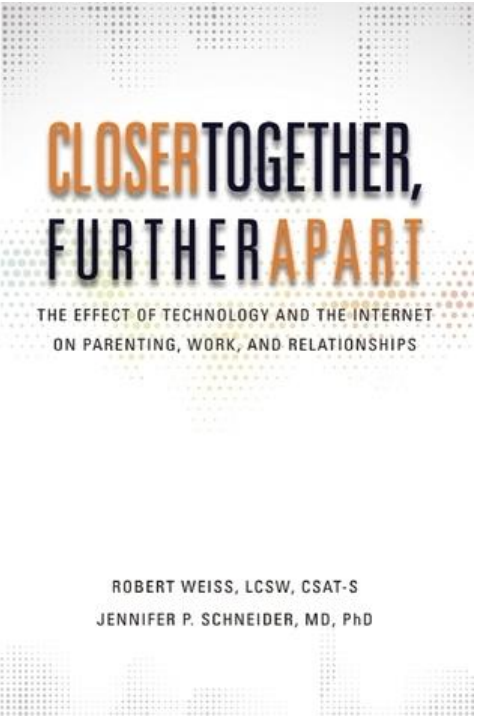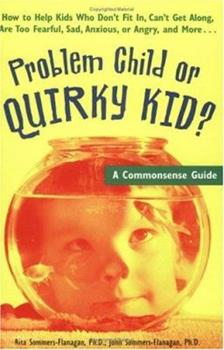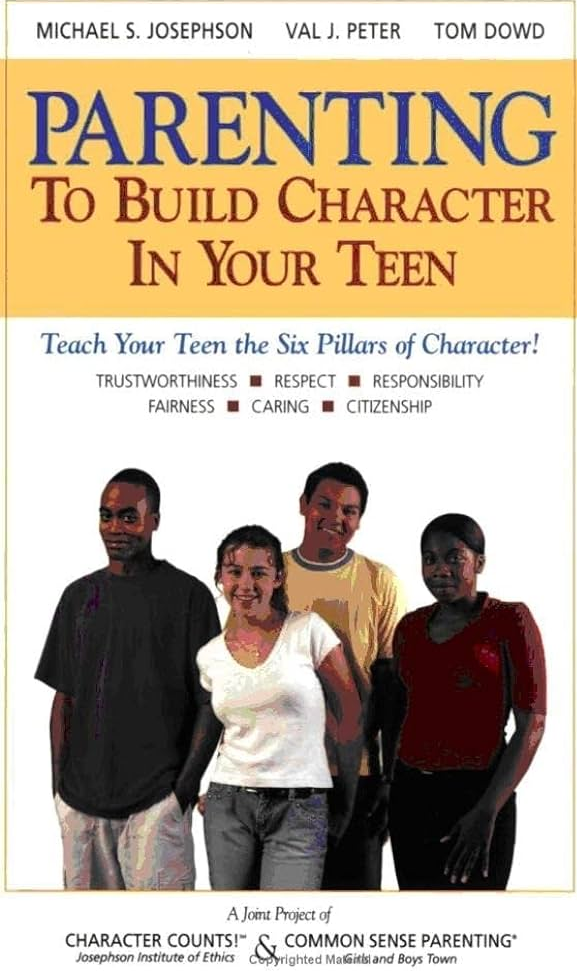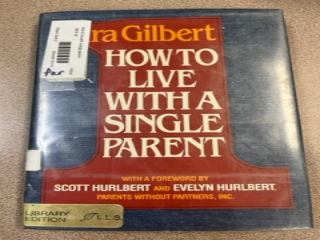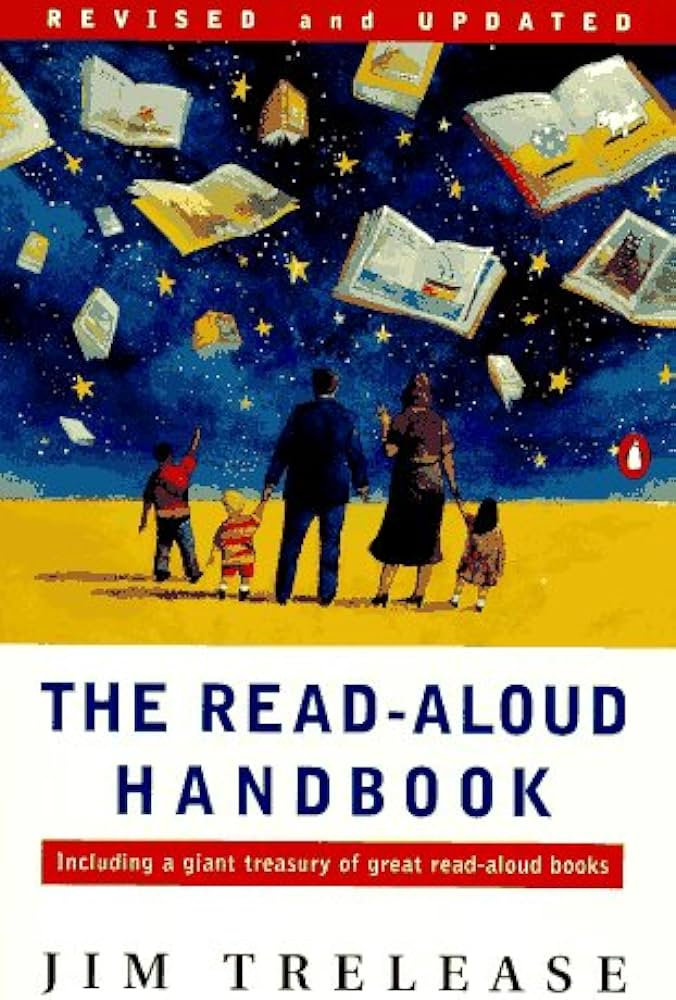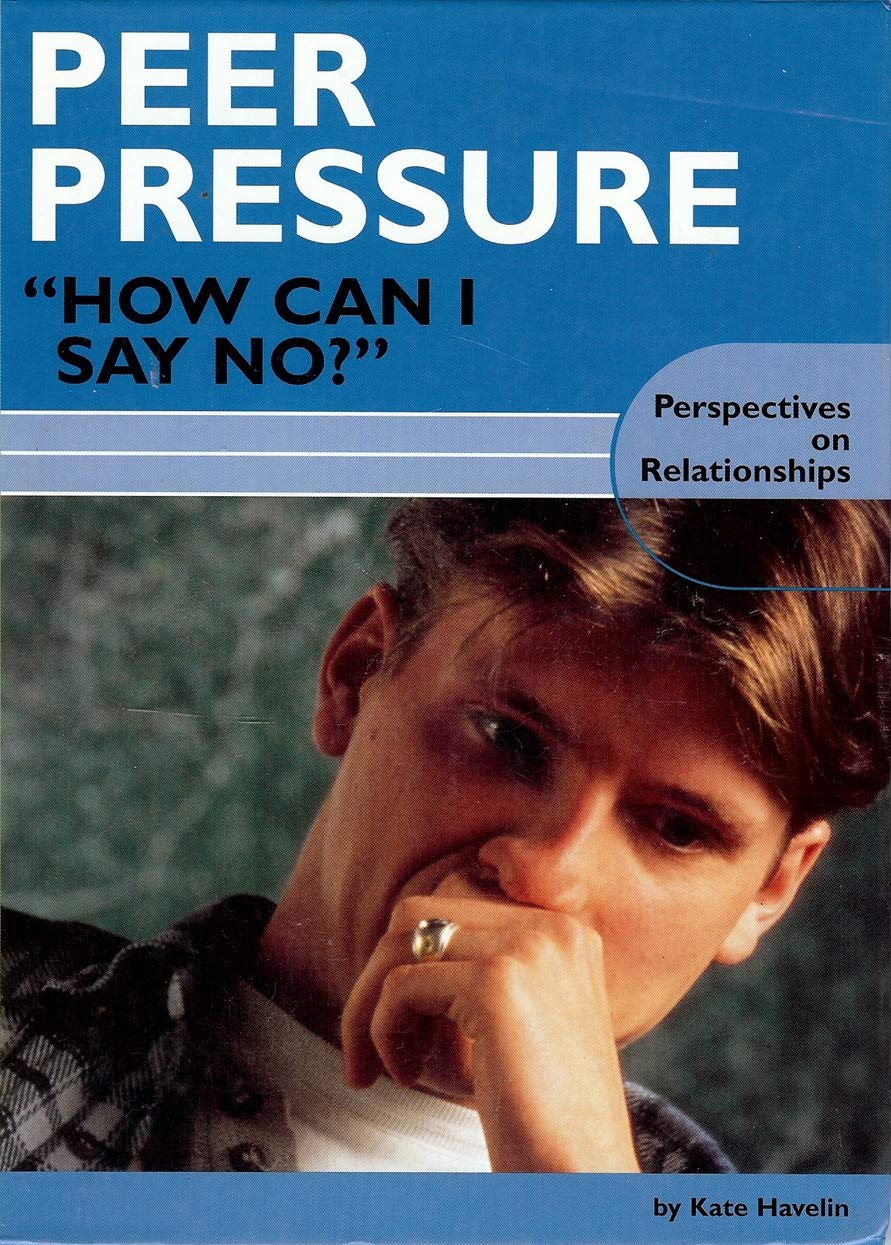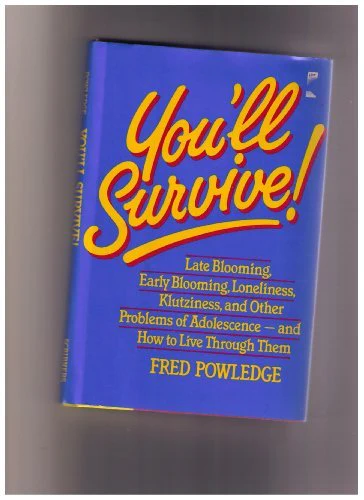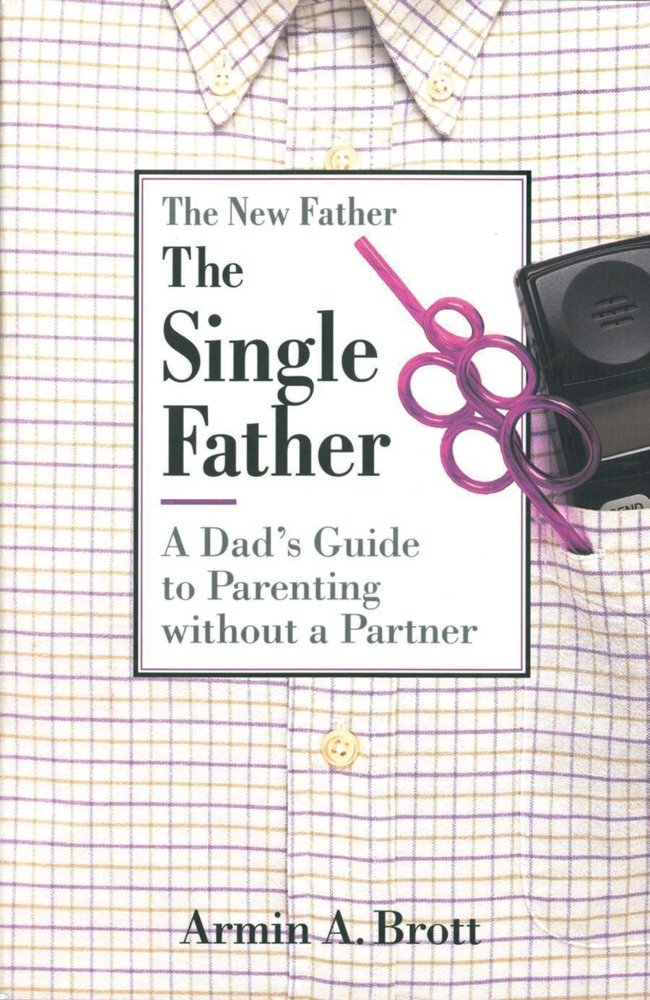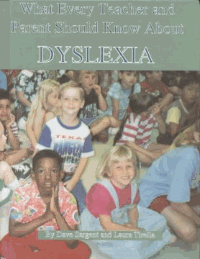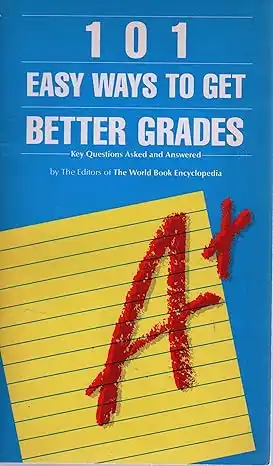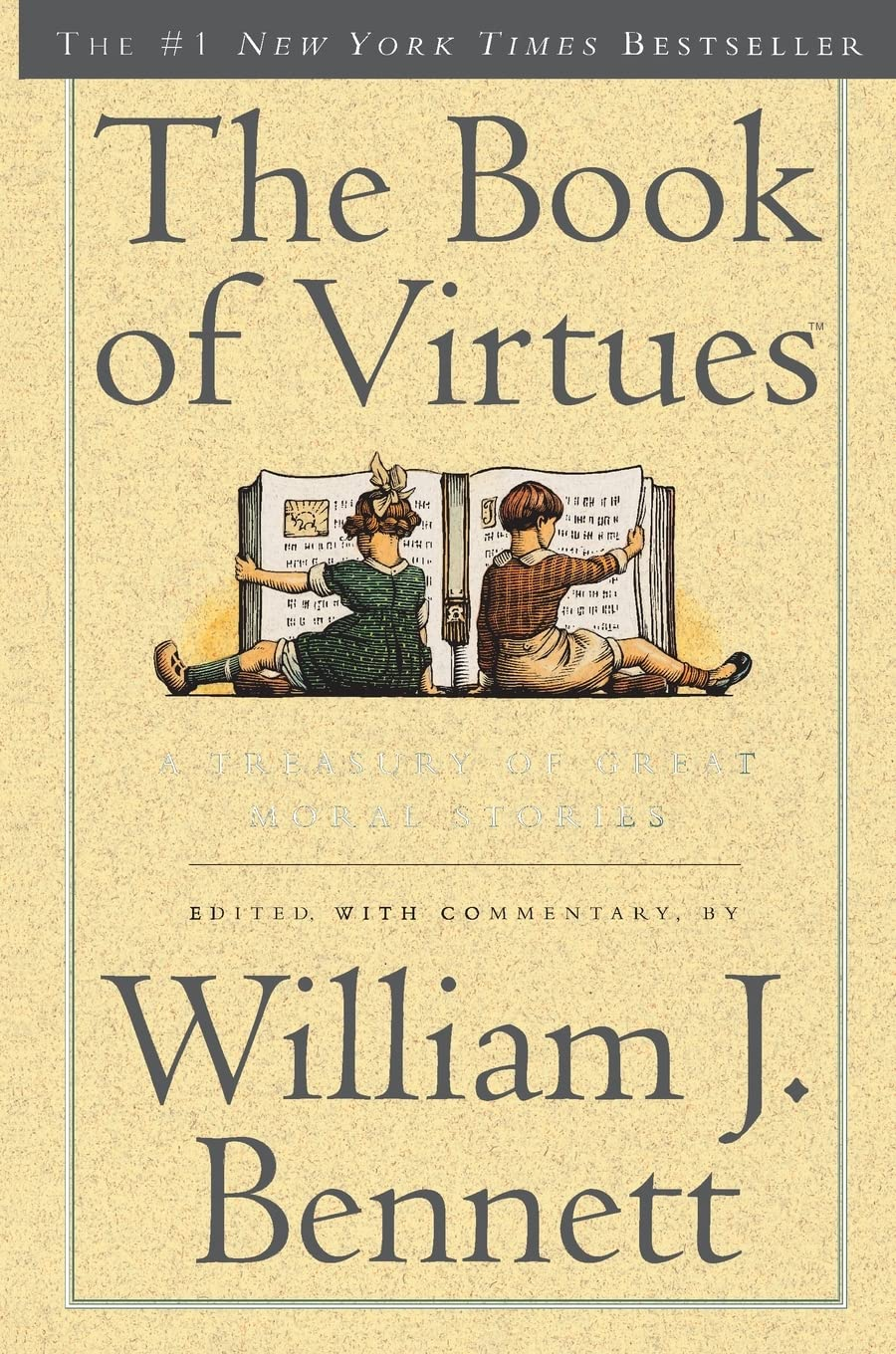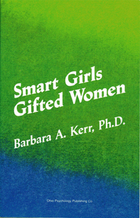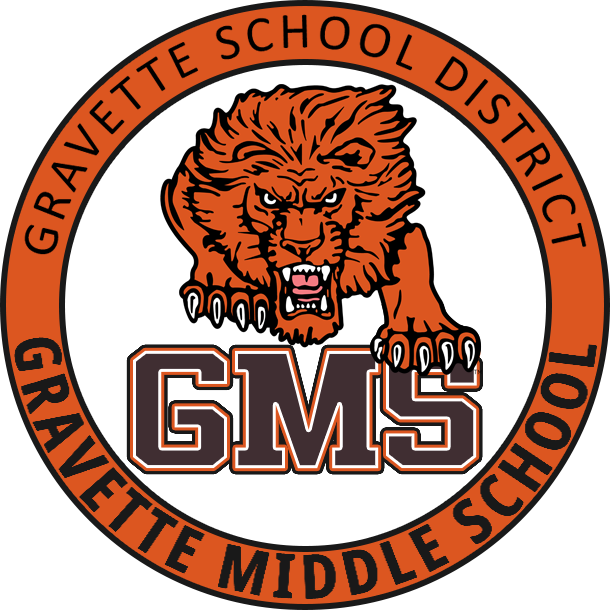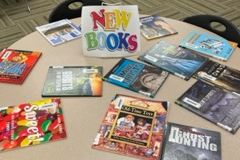Library Media Specialist
Library
Welcome to the GMS Library! The Gravette Middle School Library is open to Monday - Friday from 7:30 am until 3:30 pm for both students and parents. We are always more than willing to assist you and your child with any library questions and/or needs you may have.

Mike Walker
Our program provides educational and technological opportunities to students and staff addressing their needs and abilities. It is the goal of our library media program to ensure that students and staff are effective users of ideas and information and to encourage leisure use of worthwhile materials.
Accelerated Reader and STAR Testing
Do you need an Accelerated Reader book? No problem! Our books are marked and include quiz numbers, points per quiz, and reading level. We use the STAR Test for reading level placement. Mr. Walker or Mrs. Newbill are always available to lend a helping hand.
What can you do as a parent?
Make it a point to know what your child's reading level and reading goals are. Reading is very important to your child and it takes practice, so make sure that they are reading every day. Remember it does not have to be just books. It can be newspapers, magazines, cereal boxes, or street signs. Be sure to visit your school library on Meet the Teacher Night at the beginning of the school and on PTO nights. Reading is something that your child will do every day from now on.
Library books issued to students are the responsibility of the students and their parents. Any book lost or damaged must be paid for by parents/guardians before the student is allowed to check out additional books.
Library News
The library's book collection is growing! Check out these NEW additions to the nonfiction section.
Stay tuned for Mr. Walker's monthly challenges! We will post pictures of the winners here.
GMS Parent Center
Need book recommendations? Mr. Walker has got you covered! Check it out.
Mr. Walker's first recommendation of the year is "How to help your child with homework". Click here to purchase it off Amazon: https://www.amazon.com/How-Help-Your-Child-Homework/dp/1575420066
"Closer Together, Further Apart" offers current unique insight into the cultural shifts brought about by digital technology and the Internet. It considers how these new connections are impacting not only society as a whole, but more specifically communication in relationships and across generations. Digital technology has in less than a single generation, dramatically and permanently altered the ways in which humans connect and communicate with each other. Conversations and information transfers that once either weren't possible or took days to complete now occur in an instant. Technological advances are profoundly affecting humankind, forcing us to change on multiple levels. As with all forms of human/social/technological change, these advances will be good for some and bad for others. Those who learn to effectively absorb information and use new technologies in healthy ways will flourish, and those who don't may feel increasingly disconnected from our technology driven world.
Determining whether one's child is just "going through a phase," is just a bit quirky but developing normally, or is in need of professional help can be a complex and confusing process for parents. This book provides parents and caregivers with practical information to differentiate normal and problematic child development, offers tips for parents to try at home, and suggests ways for parents to decide whether it is time to seek professional assistance. Following introductory remarks discussing the basic principles underlying the book, the chapter topics are: (1) normal and abnormal child development; (2) childhood fears and anxieties, including information on medication and types of anxiety; (3) problems with sleeping, eating, and toileting; (4) attention deficit, hyperactivity, and impulsivity; (5) mood problems, including depression, mania, and suicidal or self-destructive impulses; (6) sexual development and social skills; (7) stress and trauma; (8) problems with resistance, disobedience, and anger; (9) aggression, destructiveness, and other serious behavioral difficulties; (10) unusual or severe problems requiring professional help, including learning disabilities, severe eating difficulties, hallucinations, panic attacks, and obsessive-compulsive disorders; (11) professional assistance available, including information about various professionals, deciding how to pay for services, and deciding whom to consult; and (12) making the decision to obtain assistance, including ways to reassure the child and confidentiality issues. Appended are answers to frequently asked questions. Each chapter includes print and Internet resources for parents, with some chapters suggesting books for children.
Building character in teens is a matter of teaching them to "know the good, love the good, and do the good." This book will show you as a parent how to help teens build character by using his or her: HEAD - Teach right from wrong, help your teen know and understand the importance of good behavior. HEART - Help him or her develop a strong conscience and commitment to values like honesty, courtesy and dependability. HABITS - Reinforce good behavior and attitudes so that they become a permanent and automatic part of your teen's life. - Amazon
"Delving more deeply into family psychological dynamics than do most writers of self help books for teenagers, Gilbert explores avenues of response open to young people confronted with family crisis situations. She treats a wide array of problems with a sensitivity and forthrightness that should give readers a clearer perspective on how to handle family turmoil by themselves or with professional assistance." ALA Booklist
Recommended by “Dear Abby”, The New York Times and The Washington Post, for three decades, millions of parents and educators have turned to Jim Trelease's beloved classic to help countless children become avid readers through awakening their imaginations and improving their language skills. Now this new edition of The Read-Aloud Handbook imparts the benefits, rewards, and importance of reading aloud to children of a new generation. Supported by delightful anecdotes as well as the latest research, The Read-Aloud Handbook offers proven techniques and strategies—and the reasoning behind them—for helping children discover the pleasures of reading and setting them on the road to becoming lifelong readers. - Goodreads.com
During the teen years, relationships take on a special importance. Teens who learn to deal with relationships in healthy ways will carry this valuable skill with them throughout their lives. This helpful series shows teens how to develop healthy relationships and deal with problematic ones. The books offer useful information and specific steps for understanding and coping with parents, peers, siblings, teachers, bosses, and others. These books introduce and explore key concepts as defined by the National Health Education Standards and the National Standards for School Counseling Programs.
This book explores the experience of adolescence, its physical and emotional stages, and the relationships between teenagers and parents, other adults, peers, school, the media, and society, and suggests ways of coping with common problems.
In this ground-breaking volume author Armin Brott gives single dads the knowledge, skills, and support they need to become-and remain-actively involved fathers. With the same thoroughness, accessibility, and humor that have made the books in his critically acclaimed New Father series the best and most popular fatherhood guides in the country, Brott steers divorced, separated, gay, widowed, and never-married men through every aspect of fathering without a partner. Incorporating the advice of top psychologists, lawyers, and other experts, The Single Father offers a wealth of essential information and practical tips. - Amazon
"Dave Sargent was born in northwest Arkansas in May of 1941. His childhood was spent in the hills of Arkansas where he learned the way of animals but did not learn to read or write. Sargent has inverted-mirrored vision, a severe form of dyslexia, and didn't learn to read until age 20. Sargent spent most of his life as a dairy farmer and didn't start his writing career till he had retired from the dairy business. Sargent began writing books for children in 1990, after his wife, Pat, encouraged him to write down the stories he often told his children. Once he overcame the obstacle of being unable to read or write, he successfully began a writing career with his wife. Sargent has published 328 books." Google Books
This page turner answers questions about the student/teacher relationship, techniques for more efficient use of study time, ways to improve reading/writing/vocabulary skills, how to do research, and how to prepare for and take tests.
Responsibility. Courage. Compassion. Honesty. Friendship. Persistence. Faith. Everyone recognizes these traits as essentials of good character. In order for our children to develop such traits, we have to offer them examples of good and bad, right and wrong. And the best places to find them are in great works of literature and exemplary stories from history.
William J. Bennett has collected hundreds of stories in The Book of Virtues, an instructive and inspiring anthology that will help children understand and develop character -- and help adults teach them. From the Bible to American history, from Greek mythology to English poetry, from fairy tales to modern fiction, these stories are a rich mine of moral literacy, a reliable moral reference point that will help anchor our children and ourselves in our culture, our history, and our traditions -- the sources of the ideals by which we wish to live our lives. Complete with instructive introductions and notes, The Book of Virtues is a book the whole family can read and enjoy -- and learn from -- together. - Amazon
It was the 10-year reunion of all those gifted kids who attended the school for high achievers in St. Louis, an event that has changed the life of the author. Their early talents and intellect portended excellence, success, prestige, perhaps greatness, but most of the women in the group had settled into mediocre jobs, performing uninspiring chores or were unemployed, happy in traditional roles. And they were barely approaching the age of 30. As memories of that night's party faded, Kerr set off on a new path--studying and researching the lives of gifted women, and counseling gifted girls and their adult counterparts. The Guidance Laboratory for Gifted and Talented at the University of Nebraska was thus born, directed by Dr. Kerr. In this title, she offers thoughtful suggestions for parents of gifted girls from preschool through graduate school.
